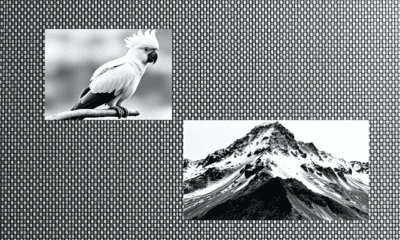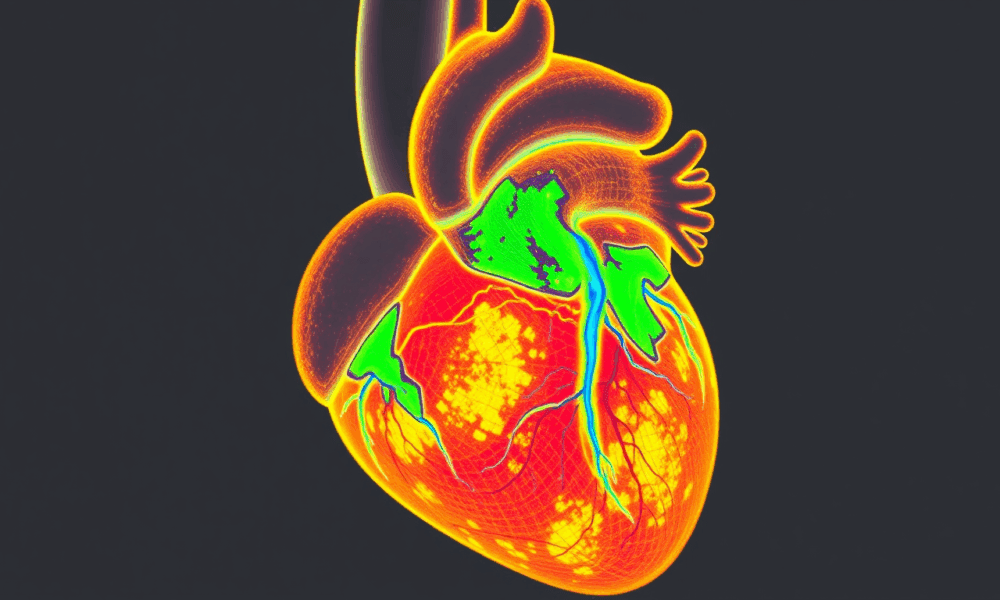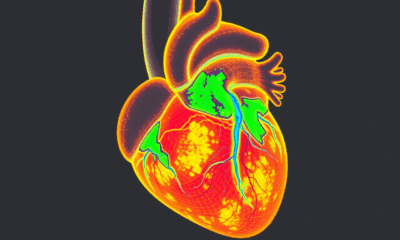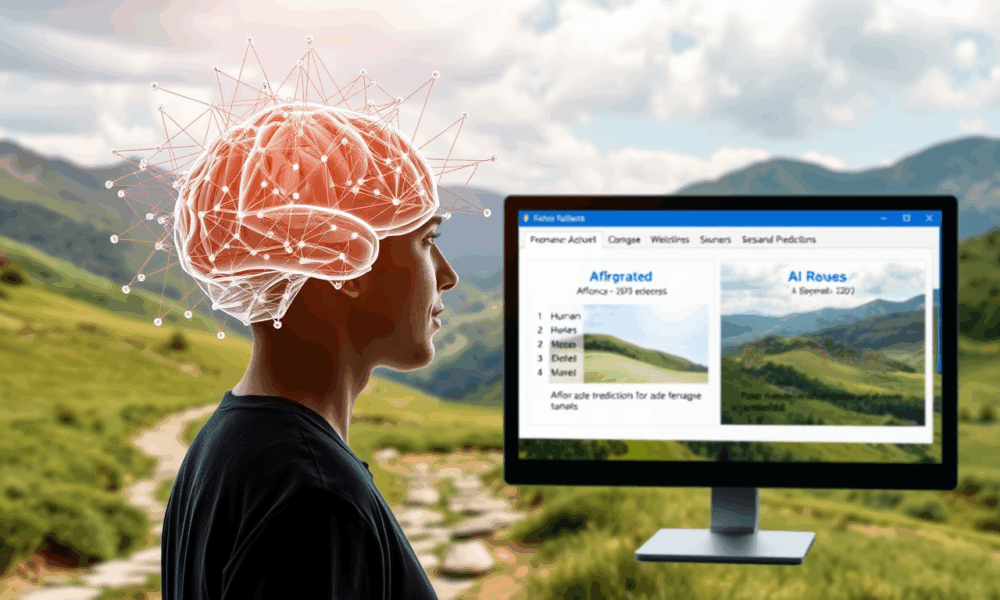


Using advanced metasurfaces, researchers can now twist light to uncover hidden images and detect molecular handedness, potentially revolutionizing data encryption, biosensing, and drug safety.



A new leap in lab automation is shaking up how scientists discover materials. By switching from slow, traditional methods to real-time, dynamic chemical experiments, researchers have...



A groundbreaking step in AI hardware efficiency comes from Germany, where scientists have engineered a vast spin waveguide network that processes information with far less energy....



Neural networks first treat sentences like puzzles solved by word order, but once they read enough, a tipping point sends them diving into word meaning instead—an...



Researchers have developed an ultra-thin drumhead-like membrane that lets sound signals, or phonons, travel through it with astonishingly low loss, better than even electronic circuits. These...



An advanced Johns Hopkins AI model called MAARS combs through underused heart MRI scans and complete medical records to spot hidden scar patterns that signal sudden...



A multinational team has cracked a long-standing barrier to reliable quantum computing by inventing an algorithm that lets ordinary computers faithfully mimic a fault-tolerant quantum circuit...



A research team has achieved the holy grail of quantum computing: an exponential speedup that’s unconditional. By using clever error correction and IBM’s powerful 127-qubit processors,...



Chalmers engineers built a pulse-driven qubit amplifier that’s ten times more efficient, stays cool, and safeguards quantum states—key for bigger, better quantum machines.



Scientists at the University of Amsterdam discovered that our brains automatically understand how we can move through different environments—whether it's swimming in a lake or walking...